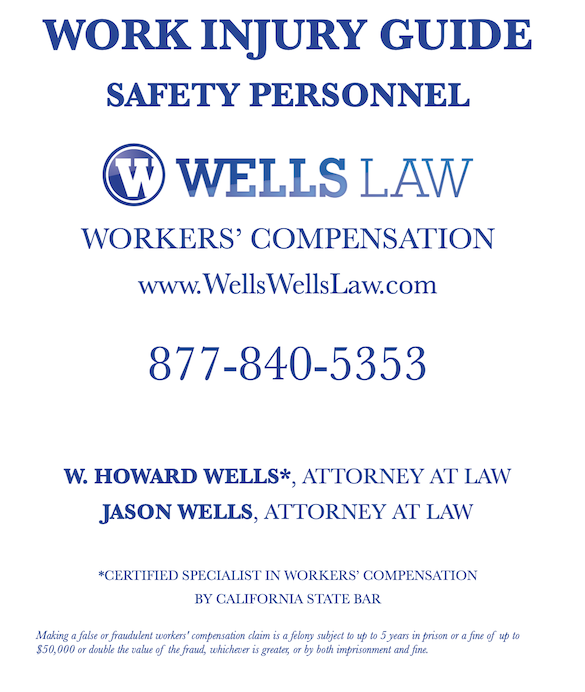CDCR Correctional Officer
We focus our representation on CDCR officers and staff in facilities throughout California.
From a practical perspective, CDCR employees (especially corrections officers) are in a "high-pressure" environment all of the time and this can have it's impact on the body; this is why the lawmakers provide added benefits.
We've have handled cases for correctional officers and staff at both the prisons and fire camps. New prison procedures in recent years have increased "wear and tear" and impact on CDCR staff especially correctional officers; increased work load naturally leads to increased injuries.
Why Are Workers' Compensation CDCR Cases Different?
CDCR work injuries are different than regular workers' compensation cases. Since CDCR are state employees, they are CalPERS employees. Workers' compensation injuries can impact a person's ability to work, and this can raise retirement issues. CDCR staff, especially corrections officers, have special laws that assist in obtaining workers' compensation benefits.
Regular workers' compensation benefits may not be the only consideration in a case involving a CDCR employee.
- Jason Wells, Attorney At Law
For example: We had a corrections officer who decided to retire based on general health. The majority of health problems were caused by the job and were found work-related. Either way this client was going to retire through service retirement and didn't even know about Industrial Disability Retirement (IDR). My suggestion was that they apply for Service Retirement pending IDR. If denied, they be still be where they started. If approved, IDR is a significantly better option. This client would have never known about this benefit. Most workers' compensation attorneys don't even see the issue. That is why these cases are different; they raise different issues.
Industrial Disability Leave (IDL)
Based on Government Code 19871, most state employees who are unable to perform modified duty or who are taken completely off work (very common in CDCR environments) get IDL in lieu of temporary disability.
Industrial Disability Retirement (IDR)
Not to be confused with IDL, Industrial Disability Retirement (IDR) is a benefit available to corrections employees (whose essential job functions are considered safety) who are medically eligible for retirement because of a work related injury.
Essential Job Functions
Understanding CDCR employees' essential functions can be critical to a multitude of issues both in the workers' compensation system and other benefits provided by CalPERS. In safety cases, having an understanding of your essential job duties or your HR departments' job description on your safety position can be a critical part of handling multiple issues in your case. We recommend you obtain a job description from your HR department and review it to ensure that it accurately reflects your job duties; then provide a copy to your physician who is to assess your ability to do the job.
Injury Presumptions
Injuries involving heart, pneumonia, tuberculosis, meningitis, blood borne illness, MRSA, and biochemical exposure are given special consideration by workers' compensation courts for CDCR employees whose essential job functions fit into a safety classification. The heart presumption is probably the most important presumption.
The heart presumption is a critical one to understand, because heart conditions often go undetected. Our recommendation is that before any corrections employee leaves their job either through change in circumstance or retirement, they have their doctor schedule an echocardiogram (EKG) and EBCT Heart Scan to make sure the heart is functioning properly, especially if the employee has had a history of hypertensive disease. If not, the heart presumption can help get you workers' compensation benefits if there is undetected symptoms.

